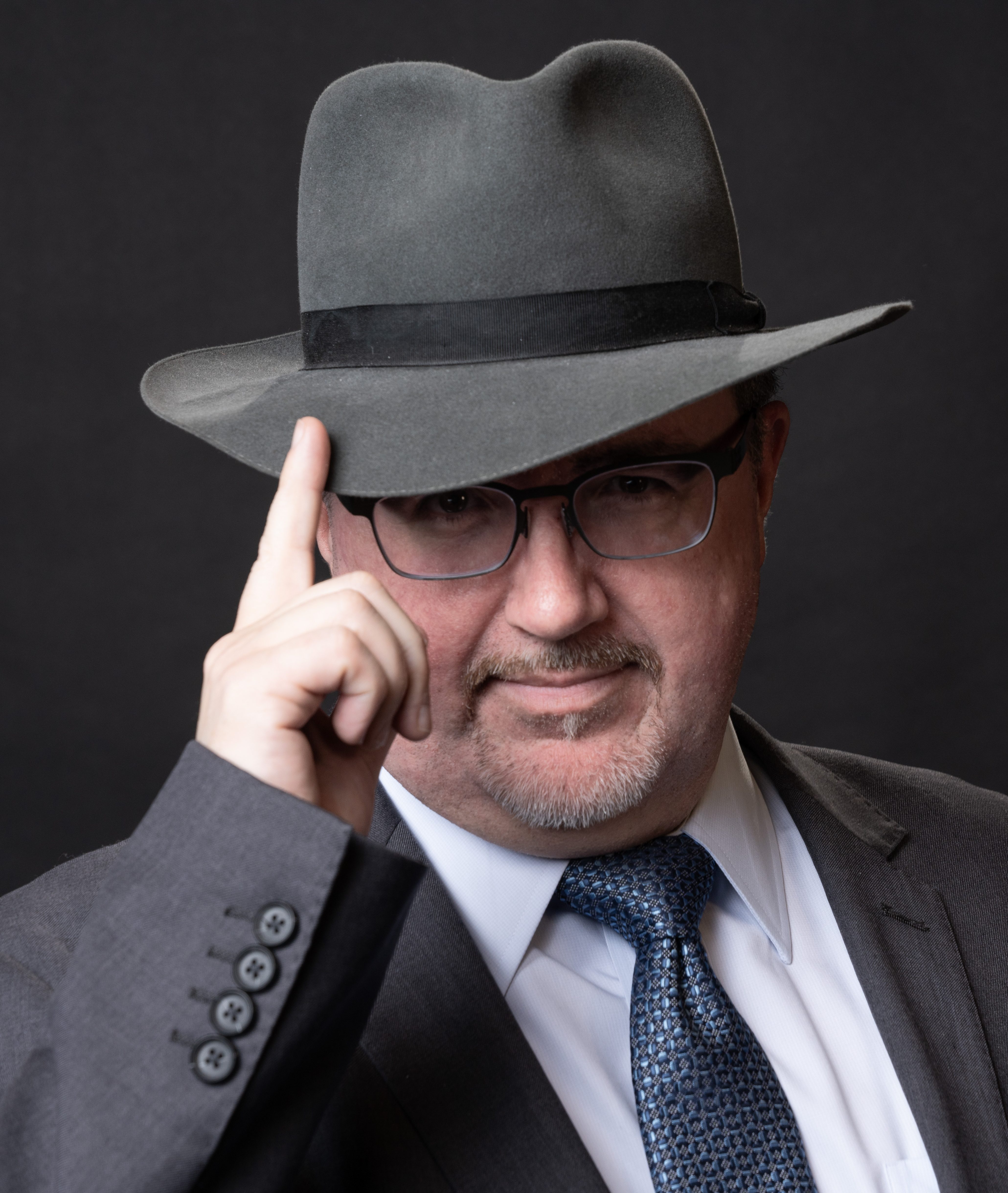–
Watch Your Mouth: Why Dialects Matter
–

–
By Tom Antonellis, September 29, 2024
–
TALENT: “So, when I submitted my audition, I sent two takes. Which take…”
–
DIRECTOR: “Oh! The second one! We didn’t even KNOW who the character WAS until we heard your second take.”
–
The kind of feedback and exchange we dream of! The talent was myself; the director was Ashley Quach on the recently-released podcast “Chinook” with Kelly Marie Tran and Sanaa Lathan. I share it because the second take on that MP3 was a character with a strategically chosen dialect which the specs did NOT specifically call for: I felt he needed a MidWestern dialect (like North Dakota / Minnesota).
–
Along with some stories, in this piece (and thank you SOVAS for inviting me to share!), I will offer a cavalcade of profound benefits which I and my dialect coaching clients have seen in our work which directly result from dialect study. I took the concept of dialect study benefits to my clients; they cited:
–
- – …feeling more confidence in creating characters (whether the character calls for a dialect or not).
- – …an elevated connection to text positively impacting their script-analysis skills.
- – …a greater sense of control of the vocal instrument – trickling over effect into all aspects of their work.
- – …that by focusing on a target dialect, they gained an improved understanding of their own natural speaking voice, its features, habits and nuances.
–
And that’s setting aside the obvious benefit of dialect study: acquiring more dialects!! Which, of course, expands range, inherently making an actor more marketable, bookable and versatile.
–
Article continues after announcement.
–
From Society of Voice Arts and Sciences:
Article continues…
–
I remember at a SOVAS event, JB Blanc put forth a videogame session hypothetical. Paraphrasing what he said, he postulated: “What if the director says, ‘Can you give this to us in a Cockney dialect?’” He added, “Don’t you want to be the type of actor who can say, ‘Yes’?” Many years later, driving home from a session for “Crime Boss: Rockay City”, stoked at having done what I felt was great work, it dawned on me: I’d become that actor. And, of course, I wept. All told, I was asked to embody 14 characters across 11 different dialects on that game. I don’t know if JB could’ve known how one isolated moment in a speech (a speech that was part of a panel, one of a numerous panels, that was part of a day, one of numerous days of a conference, that, itself, was one of numerous conferences that our VO community offers) would impact a particular member of his audience: me. But that’s how this profession goes, right? We inspire each other, we cheer each other on and, in so doing, help each other to realize more and more of our artistic potential.
–
Here’s something not so rosy: I struggled for YEARS to wrangle under control the last tumbler to fall in my Australian dialect. I was doing SO well – I could do all the features. Except ONE! — the long-O (as in words like “know”, “road”, “own”). I could’ve given up so many times. It took THREE separate artistic and coaching professionals, PLUS an audio tutorial, PLUS a dear, cherished person living in actual Australia, each giving their own approach to that single moneme, for me to crack the code. Now the rosy part! I got it. I can do it now. One of my personal mantras in my art (and my life) is: Persistence Beats Resistance. (A mentor helped me find that.) I love Aussie culture and adore the Australian sound and NO FORCE ON EARTH was going to stop me from adding that dialect to my arsenal as an actor. I persisted. I got it. Technically, every moment up UNTIL getting it, teeeeeeeechnically, I was failing – though are we really failing at a thing if we’re still pursuing the thing? AH!!! Another benefit to dialect study: accomplishment brings a galvanization — a reinforcement of the importance of NEVER GIVING UP. Not too long after acquiring that LONG-sought SINGLE MONEME (still blows my mind), I was referred to the team of “Joe vs Carole” on Peacock. They needed a US dialect coach to assist actors in their General American and in numerous US Southern dialect variants for…you guessed it!…a big group of Australian actors (the show was shot “Down Under”). Full circle.
–
Quickly glancing at the first 30 voiceover genres on a list I’ve been maintaining for years, I can verify that dialects have helped me and my clients book work in 2/3 of those genres. It would be a massive understatement to point out that dialect study — and the benefits that come along with it – allowed me (and allowed my clients) to be actors with diverse employment reach and rich opportunities.
–
I put to you what JB put to us (to me): don’t you want to be that kind of actor? ♦♦♦
–

An artist since he could hold his first Crayola crayon, Tom Antonellis brings an inquisitive mind and an emotive heart to each artform he’s embraced as a lifelong artist: illustrator, graphic designer, close-up magician, stand-up comedian, ballroom dancer. Truly a “Jack of all Arts” – is that a thing? As an actor, Voice Arts Awards nominated voiceover artist, and sought-after dialect coach, Tom runs a full gamut: commercials (BOSTON CELTICS), animation (CHIP N DALE RESCUE RANGERS), video games (CRIME BOSS: ROCKAY CITY), TV (WINNING TIME), audiobooks (‘STINGRAY’, ‘SPACE PUNKS’), voice matching (MARVEL), dubbing (NETFLIX), Dialect Coach (JOE VS CAROLE), and narrative podcasts (CHINOOK).
–
Connect with Tom at www.tomantonellisvo.com













